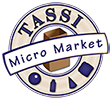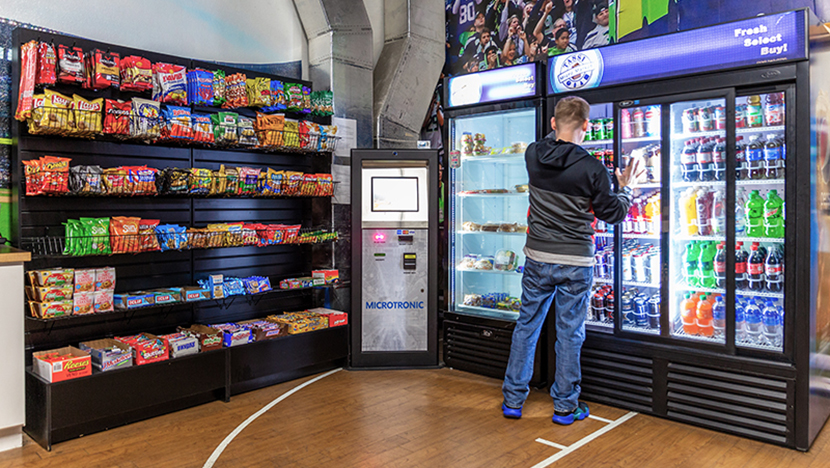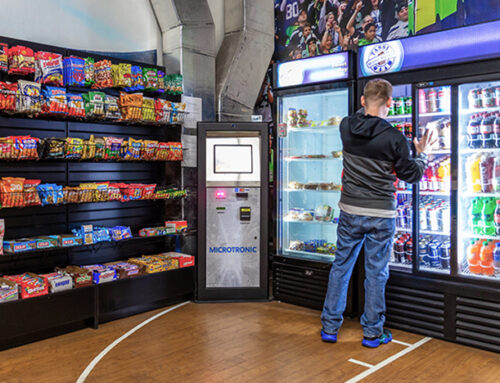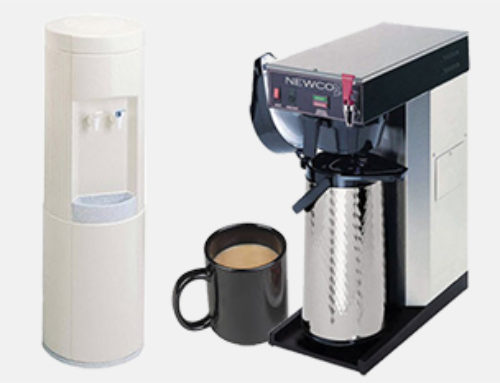Today’s author with https://tassivending.com/ shall discuss the micro market food industry for 2025.
Micro market food vending is expected to undergo significant transformations in 2025 as consumer preferences evolve toward healthier, more sustainable, and tech-driven options. Micro markets, which are essentially self-service kiosks offering a wide variety of snacks, beverages, and meals, are growing in popularity due to their convenience and ability to cater to changing demands. Here’s a look at the trends that will define micro market food vending in 2025:
- Health-Conscious and Nutrient-Dense Offerings
As consumers become more health-conscious, micro markets will increasingly feature nutrient-dense, healthy food options. Expect a focus on:
- Plant-based and vegan options: Foods made from pea protein, almond, soy, and other plant-based ingredients will be more widely available, including items like vegan protein bars, dairy-free yogurts, and vegan cheeses.
- Low-sugar, low-carb snacks: Snacks and meals made with natural sweeteners like stevia, monk fruit, or date syrup will become staples for those seeking healthier alternatives to traditional sugary snacks.
- Keto, paleo, and gluten-free options: Micro markets will offer snacks that cater to popular diets like keto, paleo, and gluten-free. Expect options like keto-friendly snacks, gluten-free granola, or paleo protein bars.
- Functional foods: Foods that offer additional health benefits, such as superfoods (e.g., acai, chia seeds, moringa) and gut-health products like kombucha and probiotic-rich snacks, will be increasingly available.
- Sustainable and Eco-Friendly Packaging
Environmental sustainability will be a major driver of change in micro market food vending by 2025. Vending machine operators and food manufacturers will focus on reducing waste and offering more eco-conscious options, including:
- Compostable and recyclable packaging: Expect to see snacks and meals in packaging made from biodegradable materials, compostable wraps, or recyclable plastics.
- Refillable and reusable containers: Some micro markets may introduce systems where customers can refill their own reusable containers, promoting a zero-waste experience.
- Locally sourced and sustainable ingredients: Micro markets will feature snacks and meals made with locally sourced ingredients, reducing the carbon footprint of food production and transportation.
- Smart and Contactless Technology
The rise of technology in food vending will continue to enhance the user experience in micro markets. By 2025, we can expect to see the following technological innovations:
- Cashless and contactless payments: As people increasingly prefer to avoid physical contact, micro markets will primarily operate on contactless payment systems, including mobile payments, QR codes, and smart cards.
- Personalized food recommendations: Micro market kiosks will use AI to suggest products based on user preferences, dietary needs, or even previous purchases, making it easier for consumers to find healthier or tailored snack options.
- AI and inventory management: Artificial intelligence will play a larger role in managing inventory, ensuring that products are fresh, in stock, and rotated properly. AI can also help in forecasting demand for specific products, optimizing the variety offered.
- Expanded Meal Options
In 2025, micro markets will move beyond simple snacks and offer a more comprehensive range of meal options to cater to the busy, health-conscious consumer. This includes:
- Fresh, healthy meals: Expect ready-to-eat options like salads, grain bowls, wraps, and smoothies, many of which will be fresh, locally sourced, and nutrient-packed.
- Complete meal kits: Micro markets may also offer meal kits that include ingredients for quick, healthy home-prepared meals, such as pre-chopped vegetables, sauces, and pre-cooked proteins.
- Fresh beverages: Along with snacks, micro markets will provide healthier beverages like fresh-pressed juices, smoothie bowls, and plant-based protein shakes.
- Allergen-Free and Dietary-Specific Options
With more people managing food allergies or following specific diets, micro markets will increasingly cater to those needs. In 2025, you can expect to see:
- Allergen-free snacks: Items that are free from common allergens such as peanuts, gluten, dairy, and soy will be more prominent in micro markets.
- Customizable meal options: Micro markets may allow consumers to customize their meals to suit their specific dietary preferences (e.g., no dairy, low sodium, vegetarian).
- Wellness and Energy-Boosting Products
Consumers are looking for foods that fuel their body and mind, and micro markets will cater to this demand by offering:
- Energy-boosting snacks: Products like protein-packed energy bars, trail mixes with nuts and seeds, and veggie chips will be available for those seeking quick energy boosts throughout the day.
- Mood-enhancing snacks: Some micro markets will feature foods designed to improve mental clarity, reduce stress, and support emotional well-being. This might include snacks with adaptogens (e.g., ashwagandha, rhodiola) or ingredients known for their anti-inflammatory properties (e.g., turmeric).
- Hydration-focused products: Micro markets will stock hydration-focused snacks and drinks like coconut water, electrolyte drinks, and infused waters to support hydration and overall wellness.
- Local and Artisan Snacks
The trend of supporting local businesses and small-batch food production will continue to grow in micro markets. Expect to see:
- Local vendors: Micro markets will feature snacks from local producers and small businesses, including artisan protein bars, locally sourced granola, and small-batch energy drinks.
- Small-batch items: Consumers will be able to access premium, small-batch snacks that are produced with high-quality ingredients, providing a more gourmet feel compared to traditional mass-produced vending machine offerings.
- Ethical Sourcing and Transparency
Consumers are increasingly interested in where their food comes from and how it’s produced. By 2025, micro market operators will prioritize ethical sourcing and transparency, ensuring that their snacks meet high standards for:
- Fair trade certifications: Many products in micro markets will be certified Fair Trade, ensuring that workers are paid fairly and work in safe conditions.
- Sustainable farming practices: Expect to see products made with ingredients sourced from sustainable farms that prioritize environmental and social responsibility.
- Clear labeling: Micro markets will provide clear information about where ingredients come from, their nutritional values, and any ethical certifications the food carries.
- Collaborations with Wellness Brands
Partnerships between micro market operators and wellness-focused brands will rise, allowing vending machines to offer exclusive products from reputable health-conscious companies. These collaborations may include:
- Exclusive product lines: Micro markets could feature exclusive offerings or flavors from popular wellness brands, such as protein drinks, smoothie packs, or nutritious snacks.
- Wellness bundles: Micro markets might offer curated snack bundles designed to support specific wellness goals, such as immune support, energy boosts, or mental clarity.
- Hybrid Vending and Food Service Models
In 2025, micro markets could become part of hybrid models that combine traditional food service with vending. This may involve:
- Integration with cafes or food courts: Micro markets may coexist with or complement cafes, food trucks, or restaurants in office buildings, universities, or gyms, allowing consumers to choose from a variety of food options, both fresh and packaged.
- Real-time ordering: Some micro markets may allow customers to order food from a broader menu through a digital interface or mobile app, making the experience more dynamic and personalized.
Conclusion
In 2025, micro market food vending will be all about health, convenience, and sustainability. Expect to see a growing array of plant-based, nutritious, and functional foods designed to meet the demands of busy, health-conscious consumers. With eco-friendly packaging, cutting-edge technology, and a focus on dietary inclusivity, micro markets will offer an elevated, tailored food experience that meets the diverse needs of modern consumers.





